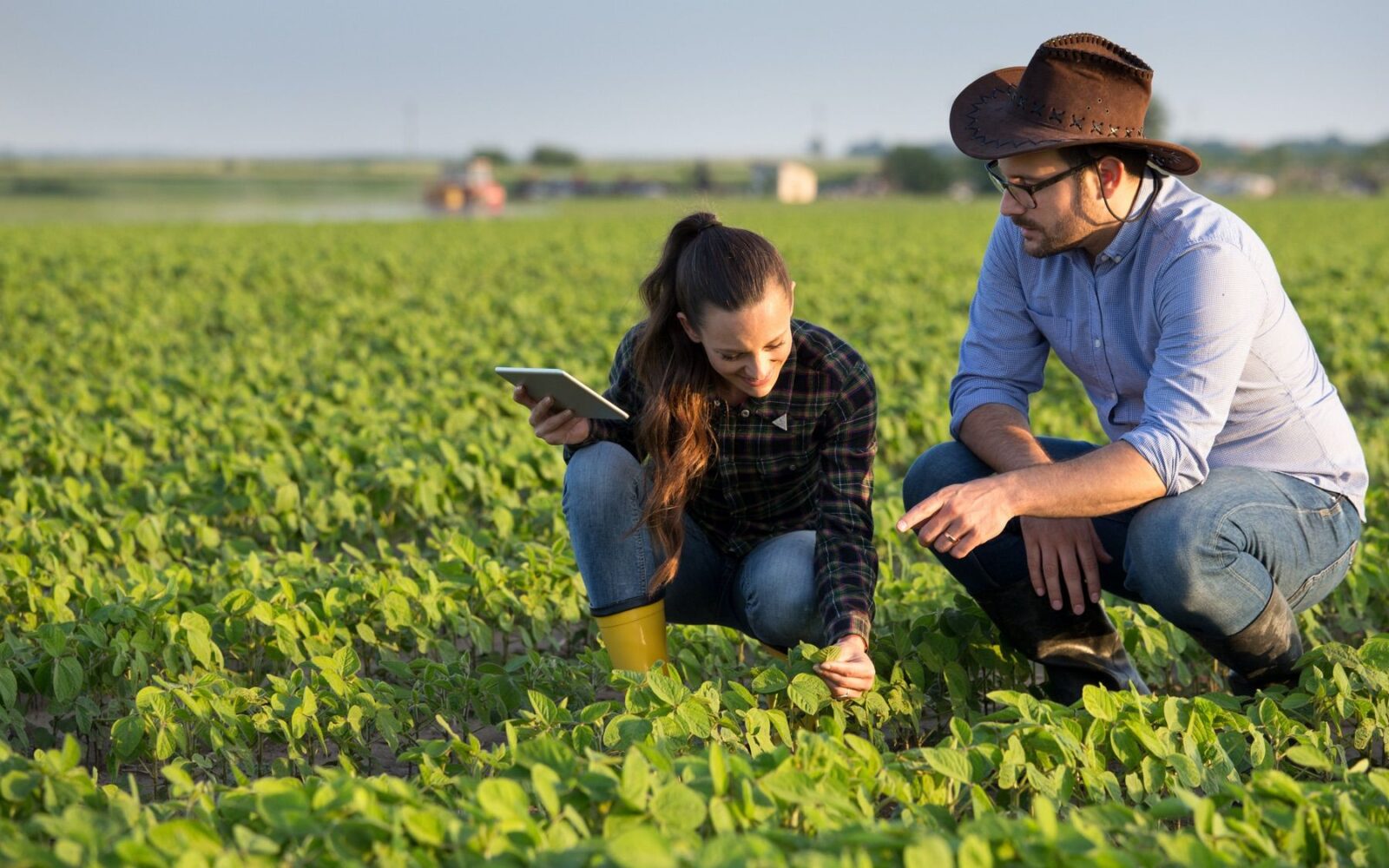Novel analysis unveils complex composition of tea tree oil

 NATIONAL CHALLENGES AND OPPORTUNITIES / Monday, 25 March 2024
NATIONAL CHALLENGES AND OPPORTUNITIES / Monday, 25 March 2024 
The latest results from the Community Trust in Rural Industries program reveal that community support for Australia’s rural industries and the value they bring to our society is at its highest level since the program began in 2019.
In 2023, 91.4% of respondents agreed that rural industries are important to our way of life in Australia, marking a notable increase from 88.2% in 2022. Additionally, community acceptance of rural industries rose by 12%, matching the highest level recorded since the program started.
The findings highlight there is an increasing awareness amongst Australians of the essential role played by the agricultural sector and its pivotal contribution to supplying food, essential products and employment to Australia as well as its significant role in the nation’s economy.
Conducted from 2019 to 2023, the Community Trust in Rural Industries program aims to provide rural industries with timely and effective insights to help the sector create a deeper relationship with the Australian community based on trust. Overseen by the independent data science firm Voconiq and leveraging research methodologies developed by Australia’s national science agency, CSIRO, the program has surveyed more than 22,000 Australians nationwide through an annual survey.
This program is a collaboration between AgriFutures Australia, Hort Innovation, Australian Eggs, Meat & Livestock Australia, Cotton Research and Development Corporation, Fisheries Research and Development Corporation, and Grains Research and Development Corporation.
AgriFutures Australia Senior Manager, Collaboration, Georgie Toose said producers across Australia should know they have the backing of the people they provide food and fibre for.
“There is strong, demonstrable support within the community for Australian farmers – whether they’re producing red meat, fruit and vegetables, grains, milk, cotton, seafood or a multitude of other products,” Ms Toose said.
Voconiq Research lead, Dr Kieren Moffat said the year four data indicated there is robust trust and acceptance of Australian rural industries within the community and that the key drivers of this trust and acceptance have remained consistent throughout the duration of the program.
“Environmental management has again emerged as the strongest driver of social license for rural industries in 2023. Notably, community concerns regarding responsible water use by rural industries have eased significantly, alongside reduced concerns about drought future water availability due to climate change” Dr Moffat said.
The report also highlights other factors influencing trust of Australian producers, such as industry responsiveness, regulatory confidence and animal welfare practices. Animal welfare was the second-strongest trust driver in Year four, with its importance among members of the community increasing by five per cent compared to 2021.
In 2023, Australians felt more strongly that farmers treat animals with dignity and respect than they did in 2020 or 2021 and an increased number of Australians (71%) acknowledged animal welfare is a complex issue.
New challenges
The degree of community connection to, or identification with, the land emerged as a new trust driver in 2023, albeit with a concurrent decline in the proportion of Australians who consider rural industries as being part of their heritage for the third consecutive year, presenting a challenge for the sector to address.
“A novel aspect of this year’s work delves into information sources about rural industries and how individuals connected to these industries engage with information. We found people who have strong connection to rural industries pay much more attention to negative information about rural industries than those with low levels of connection,” Dr Moffat said.
“This may help to explain the findings of separate sentiment research showing farmers feel undervalued by Australians in ways that may negatively impact their wellbeing – we need to help farmers see the high regard they have within the broader population.”
The cost of living continues to put pressure on our rural industries
The repercussions of cost-of-living pressures and prevailing economic challenges are palpable in the year four findings, manifesting in growing consensus about the equal importance of safeguarding jobs alongside environmental protection.
This sentiment was echoed by 91.4% of respondents (up from 88.2% last year), underscoring the vital role rural industries play in both looking after the environment and providing jobs for people in communities.
Looking ahead
Looking ahead to 2024, these findings will inform endeavours aimed at fortifying community trust, addressing emerging challenges and fostering collaboration between rural industries and the broader community.
Ms Toose, affirmed the commitment to leveraging these insights for targeted initiatives aimed at not only reinforcing positive perceptions of rural industries but also confronting emerging challenges head-on.
“The nature of this program means we’re able to see changes across time and make visible the perspectives and expectations of the Australian community as they evolve in response to changes in the environment, industry engagement and social context,” Ms Toose said.
Click here to access the report
Media enquiries
Ingrid Lee-Scott
Dentsu Creative Public Relations
0410 047 767
ingrid.leescott@dentsu.com
 TEA TREE OIL / 25.03.24
TEA TREE OIL / 25.03.24  WORKFORCE AND LEADERSHIP / 25.03.24
WORKFORCE AND LEADERSHIP / 25.03.24  EMERGING INDUSTRIES / 25.03.24
EMERGING INDUSTRIES / 25.03.24  WORKFORCE AND LEADERSHIP / 25.03.24
WORKFORCE AND LEADERSHIP / 25.03.24